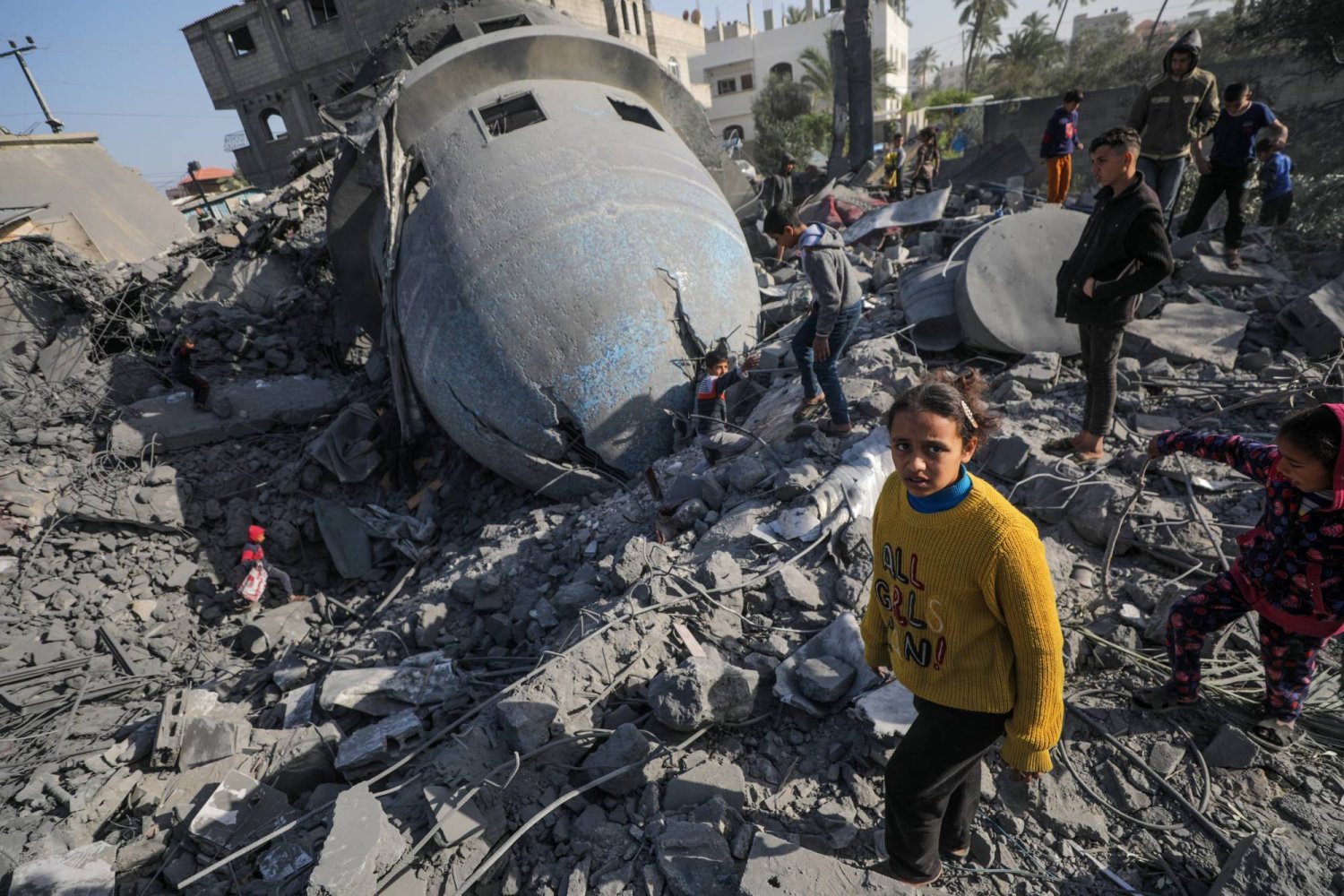Israel is dispatching a delegation to Cairo for negotiations with Hamas regarding a potential new ceasefire deal aimed at securing the release of hostages held in Gaza, marking a significant development in the ongoing conflict.
According to a source within the Israeli government, the delegation, comprised of security officials, is scheduled to depart on Tuesday for talks with Egyptian mediators.
Following the talks, a Hamas delegation is expected to return from Egypt with a written response to the latest ceasefire proposal, as reported by Egyptian sources linked to the intelligence services.
Abdul Latif al-Qanou, a spokesperson for Hamas, emphasized the importance of establishing a permanent ceasefire as a crucial step towards successful negotiations and agreements with Israel.
Reports indicate that Israel has revised its initial demand for the release of hostages, now seeking the release of 33 individuals instead of the previously stipulated 40. This adjustment comes after Israel learned that the actual number of surviving hostages was lower than initially believed.
Speaking at a World Economic Forum meeting in Riyadh, Saudi Arabia, Egyptian Foreign Minister Sameh Shoukry expressed optimism about the ceasefire proposal and the potential release of hostages, pending responses from both Israel and Hamas.
While a Palestinian official involved in the mediation efforts cautiously noted that the situation appears more promising, they refrained from confirming whether an agreement is imminent.
The ongoing military operations in Gaza, initiated by Israel to counter Hamas, have led to significant casualties and widespread displacement. According to Gaza’s health authorities, the conflict has resulted in the deaths of at least 34,480 Palestinians and the injury of 77,643 individuals. The majority of Gaza’s 2.3 million residents have been displaced, and large parts of the territory have been devastated.
As the conflict persists, the humanitarian situation in Gaza continues to deteriorate, with concerns raised about the risk of famine, the spread of disease, and the dire living conditions faced by displaced civilians, particularly in crowded areas like Rafah.
